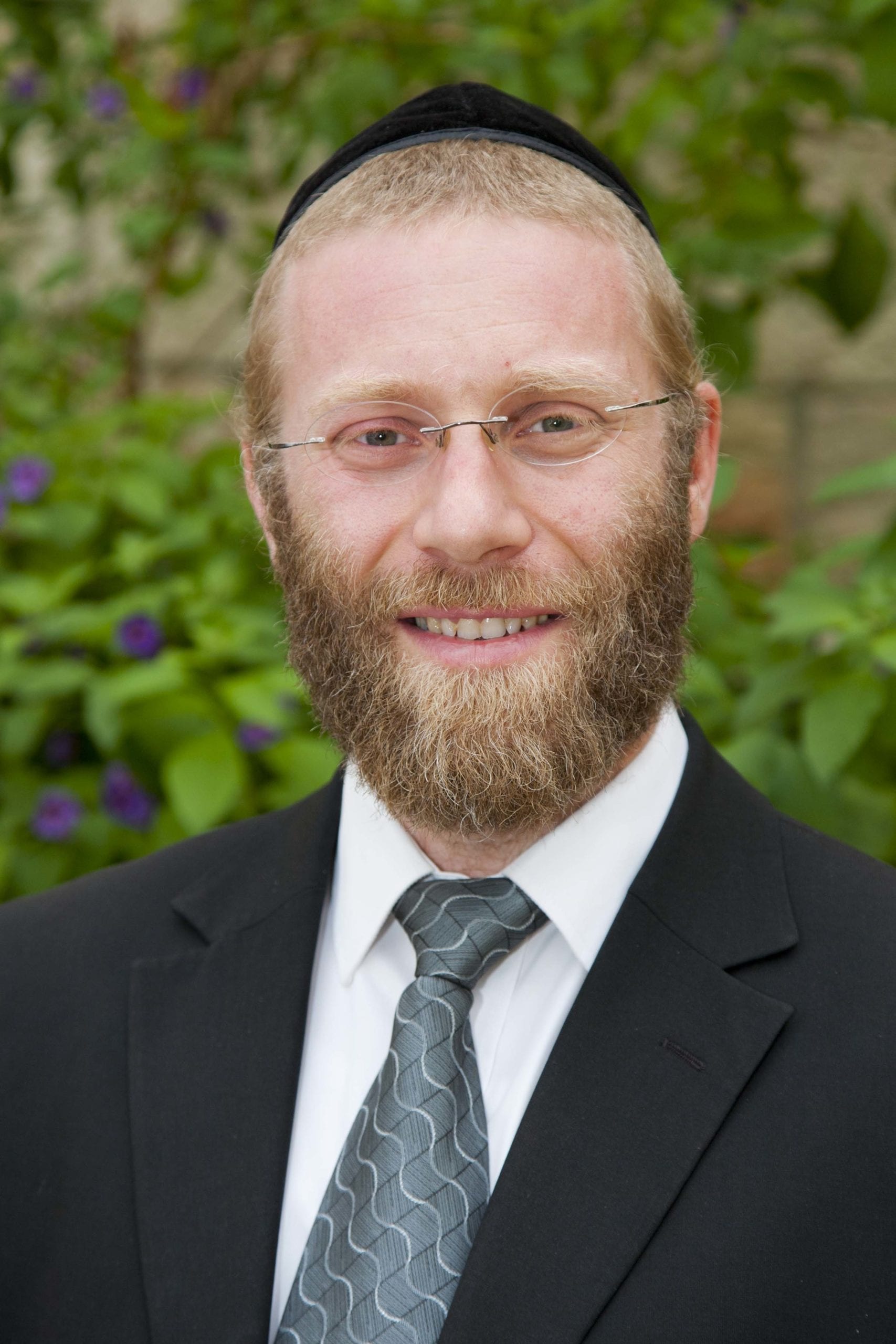
On the first of Nissan, during the consecration of the Mishkan – the Tabernacle, Moshe Rabbenu summoned Aharon and his sons, who were the Kohanim in charge of the service in the Mishkan. He also called the elders of Israel, to instruct all of them regarding the order of service and rituals.
We may ask: “Why were the elders of Israel picked out specifically to hear these instructions, if they have no specific function in regard to them?”
Furthermore, the Gemara (Sanhedrin 107b) tells us that until Avraham Avinu’s time, an elderly person would not look any older than a young person. So, a person who wanted to speak to Avraham may have mistakenly spoken to his son, Yitzchak! Hence, Avraham prayed that elderly people should have an aged appearance. Why? Since we need to honour and show respect to our elders, we need an easy way to identify them.
Let us understand, though, what is the purpose of us honouring our elders, parents and rabbis? Surely, honour is no more than an illusion that may even be a burden upon the recipient. The reason we are commanded to honour them is not necessarily for their gain, but rather, for our own good, to enable us to learn and gain from them. If we do not value or show honour to someone or something,
we will never bring ourselves to receive or to gain from them. If a parent justifies his child against a teacher, in a way that undermines the regard that his child has for that teacher, then, his child will probably never be able to bring himself to gain from that teacher again. Conversely, the more one honours a person, the more opportunities one will get to gain from them. Thus, on the auspicious occasion of consecrating the priestly service in the Mishkan, Moshe Rabbenu saw fit to give the sages of our people their due respect and involve them in the proceedings.
A common saying is “the world belongs to the youth”. It is true that they are the next generation, our continuation, and the ones most capable of effecting change within themselves. Yet, our Torah attaches great importance to seniority. The Torah commands us that besides the duty to stand up for a Torah sage who enters the room, we must also stand for any elderly person. A person is the product of all his actions and experiences. Hence, an elderly person, who has absorbed the wisdom of all his life-experiences, is a living example for us to honour and learn from. All the more so, an elderly person who is also a Torah sage, has the wisdom and understanding of the Torah’s view point as well as an accumulated, deep and far-sighted perception of the world and people through his life-experiences.
Let us make sure to honour and respect our elders, parents and rabbis in order to be able to gain from their life-experience and knowledge.
Shabbat shalom







